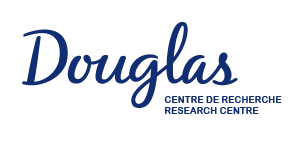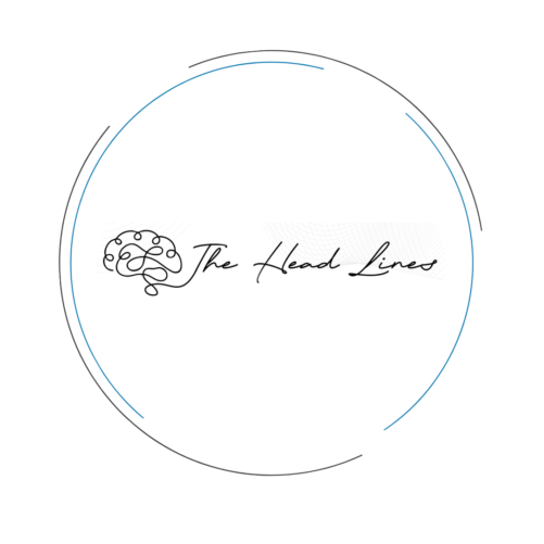Lyne Baaj and Gabriella Malamud with Jessica Ahrens, Forest Day de Larrañaga, and Martin Sellier Silva
PI : Dr. Rachel Rabin
A team of trainees at the Douglas is now engaged in delivering a free monthly newsletter with the latest news on diverse mental health topics.
The initiative was launched by Lyne Baaj and Gabriella Malamud, from Dr. Rachel Rabin’s research group. The trainees received support from the 2024 Douglas Open Science Awards to develop the first editions of the newsletter and assemble a team of passionate graduate and undergraduate students who now actively contribute as editors, graphic designers, web developers, and reporters.
As Lyne and Gabriella graduate from the Douglas, they have passed the torch to Jessica Ahrens, Forest Day de Larrañaga, and Martin Sellier Silva.
Under the new leadership, the newsletter became “The Head Lines” and continues its mission of knowledge mobilization for mental health. Expect each new edition to focus on a different mental health topic, covering research findings, trainee research abstracts, and interviews with renowned researchers and clinicians.
To subscribe to “The Head Lines” :
- What the newsletter brings to me?
This newsletter sheds light on timely and prominent mental health issues, reducing stigma and increasing understanding about mental health conditions. It is an opportunity for students and researchers at the Douglas to showcase their research and share the stories and inspirations that led them to their field. Internally, the newsletter provides an accessible way for the Douglas research community to learn about work being done by colleagues, including those working in different fields.
- What’s covered in the newsletter?
Every month, a different mental health theme is selected, ranging from specific disorders to the roles played by various professionals and types of therapies. The content is presented in diverse formats, from lay abstracts and interviews to lists of useful resources.
- How does this project promote open science at the Douglas and beyond?
This project facilitates the use of shared research outputs for educational, health and societal impact. Writers are encouraged to limit the use of jargon and explain clinical terminology to communicate with the public as effectively as possible. To facilitate its reuse and maximize its impact, the content is openly shared under a Creative Commons open license.

